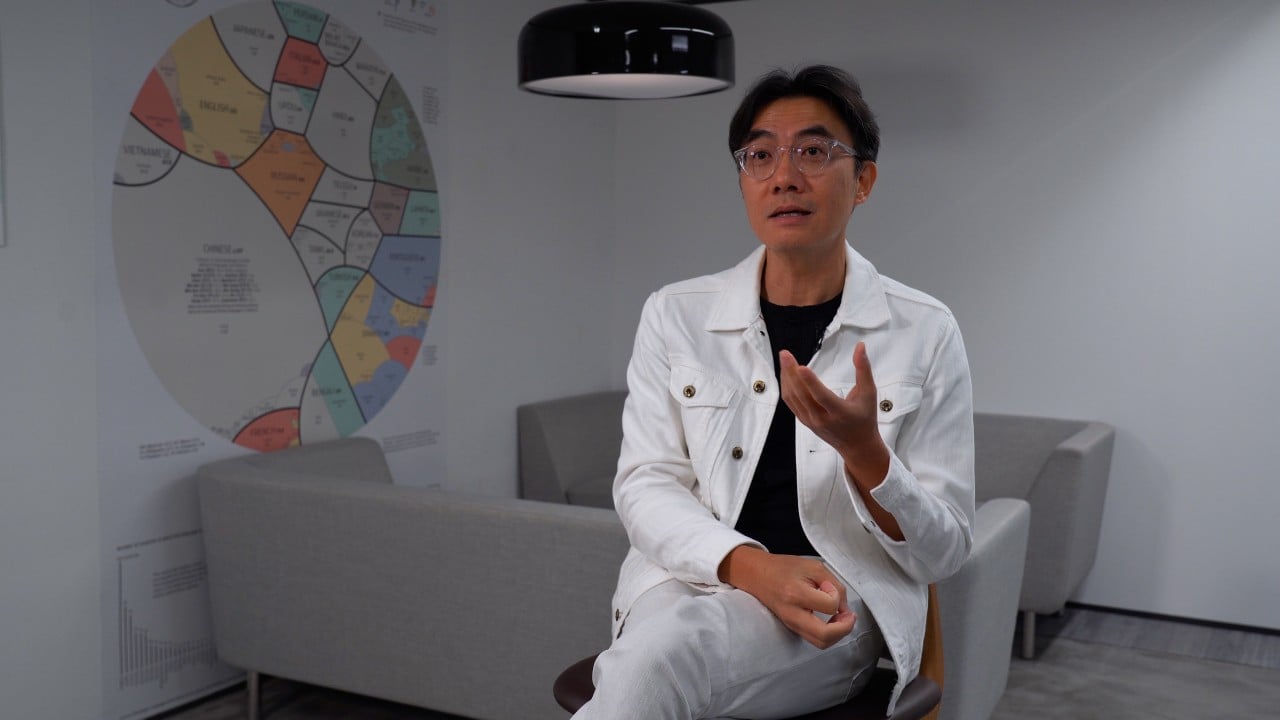
How learning Cantonese allowed me to fall in love with Hong Kong
- Learning Cantonese has helped me to surrender my ego, sense of entitlement and expectations of how Hong Kong is ‘supposed to be’
Adjusting to Hong Kong was more difficult than I imagined. The first two years went by too quickly, and my recollections are mostly of emotions.
I remember shame boiling over into angry hysterics over wet market stall operators who would wave me and my timid English orders off. Self-loathing when I couldn’t fix my shower drain without my partner on the speaker phone with the plumber. I once cried on the steps outside a post office after a postman showed his frustration after realising I didn’t speak Cantonese.
It might have nothing to do with language. If Hong Kong is a pressure cooker, the past few years have made life feel as if the valve is broken.
It doesn’t help that I am Korean, so I look like I would speak Cantonese. With every passing day, it felt like Hong Kong was telling me “you don’t belong here”.
It took me two years to sign up for a Cantonese course. Much of that time was spent searching for the right programme but also introspecting on what was causing these feelings of fear, anxiety, shame, anger and self-hatred. After sitting with these feelings for long enough, my grudges revealed their true self.
Turns out it was the ugly face of entitlement. It took me two years to realise Hong Kong doesn’t owe me anything. This is a majority-Cantonese-speaking city – for over 88 per cent of the population, Cantonese is their usual language. Who was I to think I could get away with not learning it?
Last January, I got into a government-subsidised part-time Cantonese course at the Chinese University of Hong Kong. Fast forward almost half a year, with two-hour classes twice a week, I can say I’m now somewhat conversational in Cantonese – thanks to the robust curriculum and passionate teaching staff. But I dare say the biggest takeaway has been more than vocabulary and grammar.
I was buying bread the other day and the shopkeeper asked me, “Baai maai yat chai a?” – if I wanted all my purchases in one bag. In the past, I would have frozen.
Instead, I found myself explaining to her in broken Cantonese that I’m Korean and learning Cantonese, and I’d love for her to repeat what she had just said so I can figure out what it meant. My heart was racing, expecting this busy shopkeeper to tell me to stop wasting her time and go away.
Instead, she smiled graciously, explained what she’s just said, and made bread-buying at Chinese bakeries feel just that much easier the next time around for me.
As an expatriate, learning Cantonese for me has been about more than gaining a language. It’s helped me to surrender my ego, sense of entitlement and expectations of how Hong Kong is “supposed to be”. In doing so, I saw what Hongkongers really wanted: for respect to be shown to a language many fear may become less commonly spoken.
And for that ounce of respect, I get back a pound of joy. A sense of belonging that comes from a deeper connection to a city, its culture and the people who call it home.
Annika Park is a senior strategist at TBWA Hong Kong











